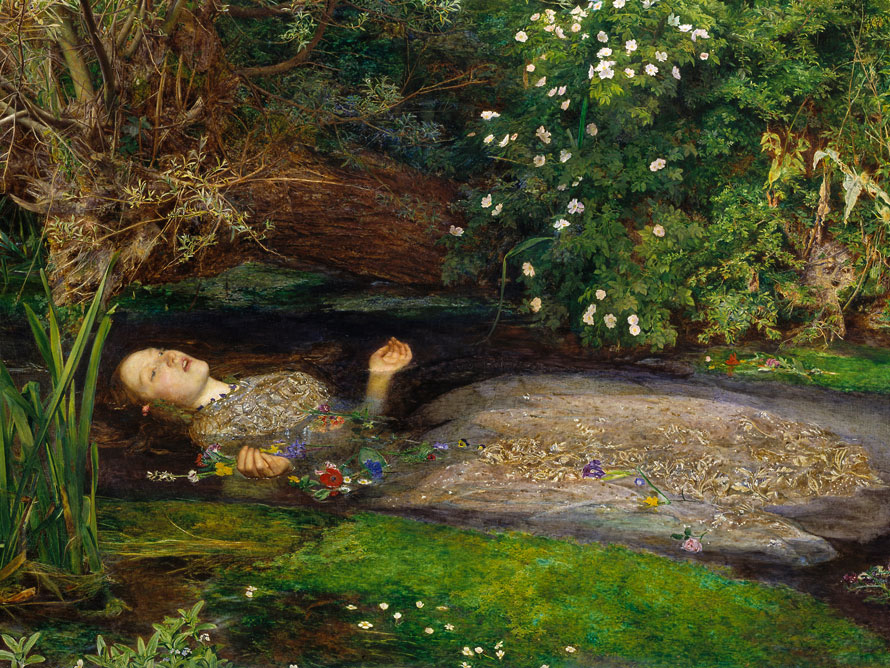When William Shakespeare's Hamlet was first performed in 1609, it became an instant hit — and it has since become the most famous play ever written. It tells the story of Hamlet, prince of Denmark, whose uncle has murdered his father and married his mother. Hamlet is haunted by his father's ghost requiring him to exact revenge. He feignsFakes or pretends. madness to throw people off the scent, sends his girlfriend Ophelia insane, and confronts his mother about her swift marriage. But when it comes to murder — killing his uncle — he is crippled by indecision and inaction. In the end, it all comes down to the most famous question in the English language: to be or not to be?
Hamlet

Glossary
Feigns - Fakes or pretends.
Existentialism - A form of philosophy which explores the meaning of human existence.
Succumb - Fail to resist a negative force, or die from an illness or injury.
Semantic - Connected to the meaning of words.
Taciturn - Untalkative.
